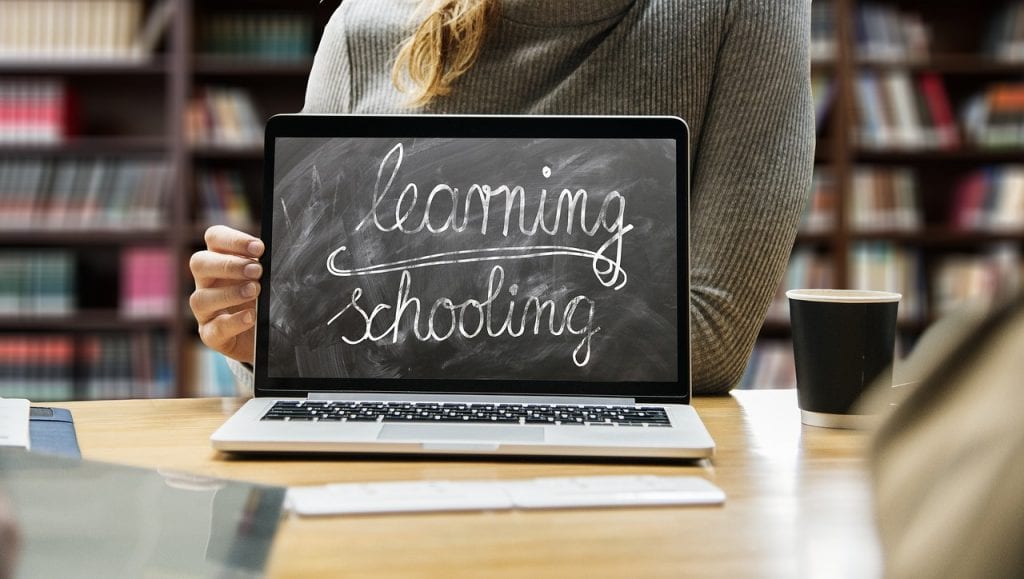
Learning Context:
I am undertaking this course to further develop my information and digital skills for use in a teacher-librarianship role. I am interested in understanding current and emerging digital technologies/platforms which may broaden students use of information, technology, and collaboration within their learning. I wouldn’t define myself as a ‘big’ technology user, I mainly use it (phone, tablet, laptop) for internet searches and document processing, and the occasional eBook. I usually handwrite notes and tasks before typing assignments/unit plans and reading from hard-copies. I find it easier to think and absorb information that way. A challenge for me in this subject will be using different online networking and productivity tools to achieve the same goals.
Knowledge and Understanding:
From the module content so far my understanding of concepts and practices in a digital age has definitely expanded. My prior knowledge was limited to using technology in the classroom for engagement, research, and publishing (IWB and 1:1 devices), and the TPACK model discussed at uni.
I understand better now how technology has changed over time and the impacts that has had (and will have) on education. When I was going through school computers were used for research, publishing and emails. Even in the last 12 years things have changed considerably. Now there are social platforms that can be used to enhance learning and collaboration. There is a need for the educator to understand how learning can be connected within a multi-platform and multi-media environment, and to understand which tools are best for the job.
All around the world people are connected and learning via some sort of social or collaborative tool. This relates to the idea of the ‘Global One Room School House’ and the reciprocal teaching of those involved. I think the possibilities of this type of learning are great. We can now connect to people in different countries and learn directly about different cultures. But these sorts of tools need to be explored for their potential to truly be reached.
There is a wealth of knowledge readily available through the internet now. A concept integral to effective student learning in a digital age is knowing what skills students need to progress and how to teach them. ‘Rethinking Learning: 21st Century Learner’ discussed the need for 21st century learners to have connections and environments to enhance discussions and learning. They also need play based skills – creativity, engagement and social. I can see the how inquiry topics can integrate both sets of sills and help students develop them for the future.
I understand the importance for all users of technology to have at least a basic understanding of digital literacy. I agree with many points in Bawden’s chapter on digital literacy, particularly the role of digital literacy as an integration tool to encompass multiple forms of literacy. I see the connections between the various types of literacy and particularly notice the link to research skills and media literacy. Digital literacy is another important concept in the digital age as it assists with the understanding and use of information within a digital environment.
I am already seeing a wealth of connections between concepts and practices in the digital age and how they may relate to my role as a teacher-librarian.


A very good start to your blogging this session Deb. Worthy discussion around connected learning and the use of digital technologies.
Hi Deb,
It looks like you have three of the most important qualities required for learning. An open mind, the understanding that knowledge is dynamic and the ability to see connections. In my experience with teacher librarians, they are often called upon to fill ever evolving roles to support the changing needs of students, staff and communities. I honestly don’t know how someone could do that job without these qualities. Looking forward to learning with you and the rest of the group.